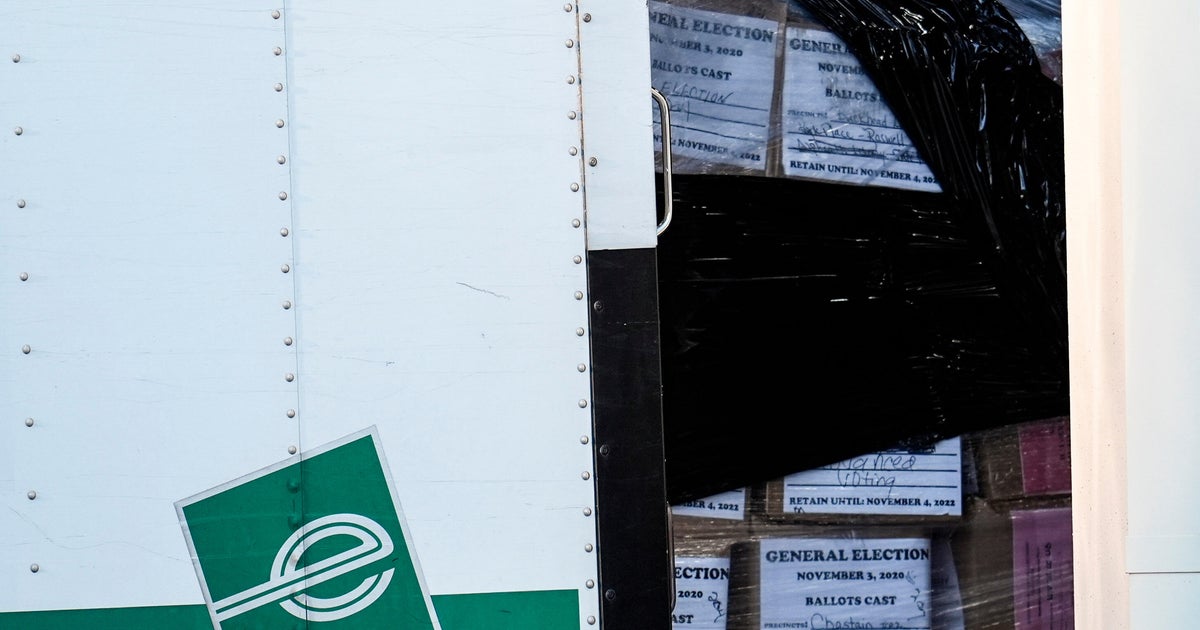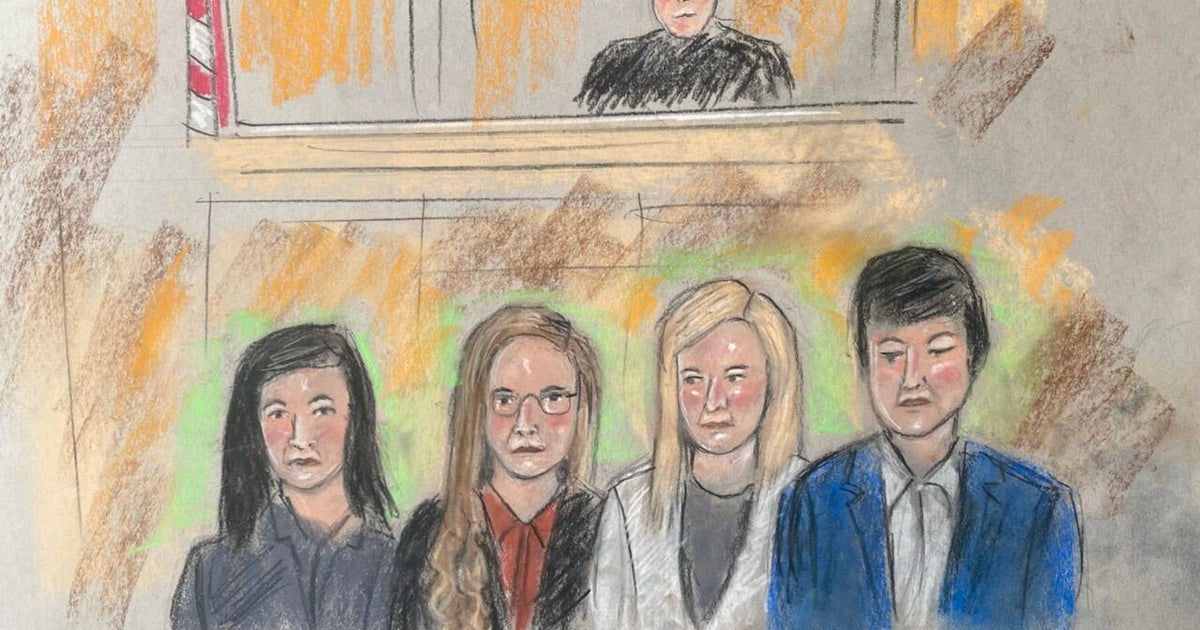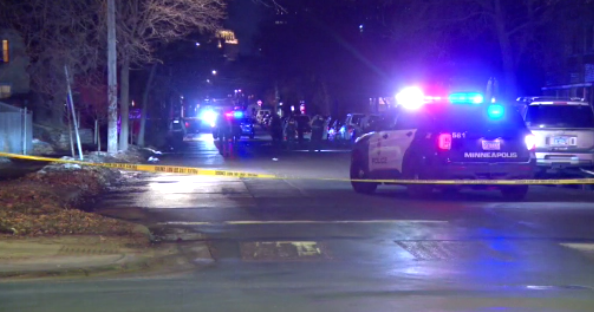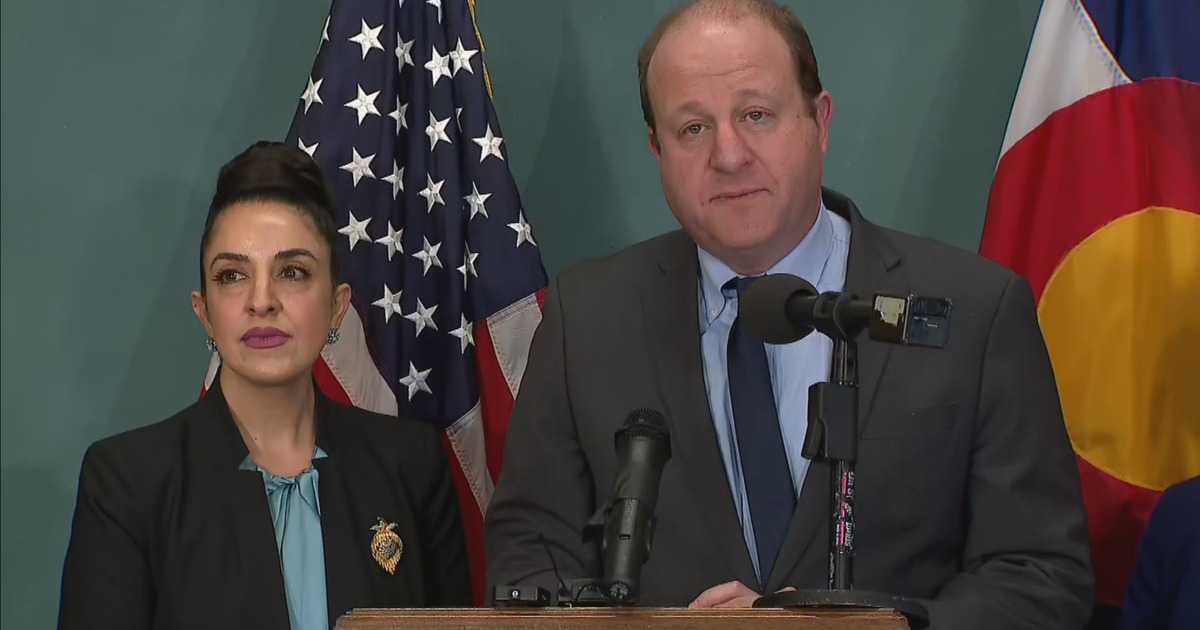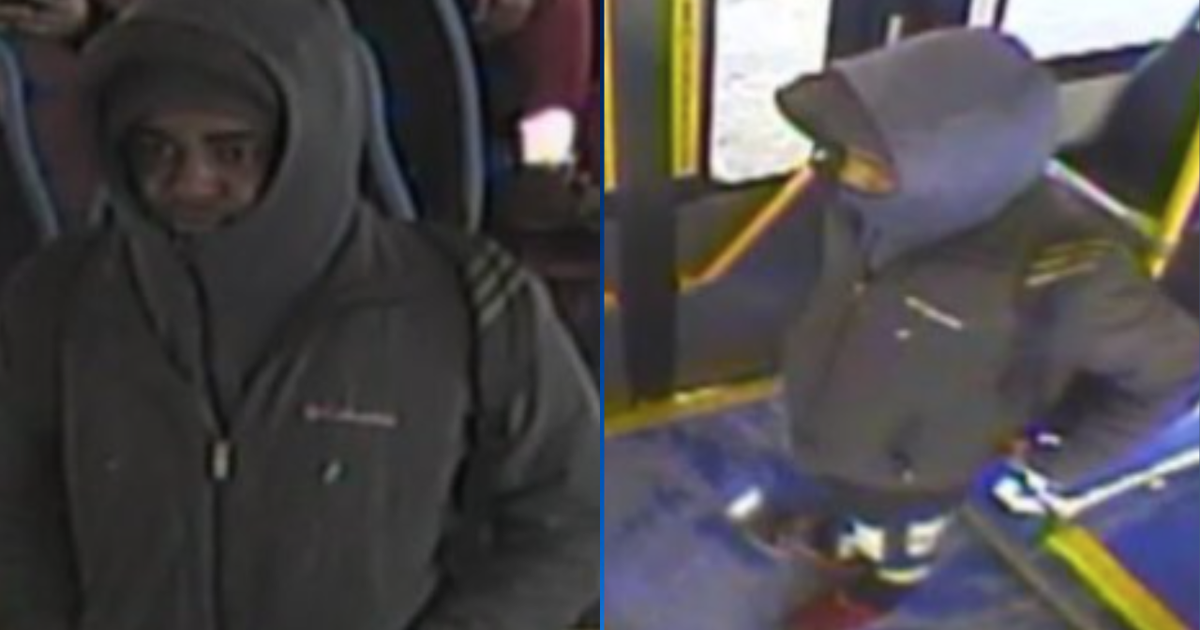South Florida's Efforts In The War On Cyber Recruiting
Follow CBSMIAMI.COM: Facebook | Twitter
MIAMI (CBSMiami) -- With America and her allies scrambling to find strategies to fight terror around the world and potentially on U.S. soil, efforts are underway in a war to fight cyber recruiting of extremists and more.
Chief Investigator Michele Gillen offers an insiders view on South Florida's plan of attack - from the FBI to a determined Muslim community that says it is urgently working to identify and stop the footprint of terror.
Reflecting on the reality and images of acts of terror unfolding across the globe, from the beheadings of journalists by ISIS to the capture of young women by Boko Haram, author and human rights activist Qasim Rashid shared his concerns and perspective at what he calls a disturbing time in history.
Click here to watch Michele Gillen's report.
"I think we find ourselves in a place in the world where there is a lot of confusion, uncertainty of how humanity can return to peace. As Muslims, we hold fast to the Islamic teachings, that peace can be found by serving god, through worship and charity, and in serving humanity by being our brothers keeper and helping out our fellow man when they are down trodden. Right now both those principle are being trampled on," says Rashid.
From France to Canada to Australia and America, as the footprint of extremism is poised on our doorstep, Rashid believes now is the time to speak out and hold on to the belief that the pen and words can be mightier than the sword.
"We call this the intellectual jihad of the pen. The word jihad means struggle. And at no point does Islam promote itself through any type of terrorism, violence or compulsion. On the contrary, Islam says that if we can respond it must be with the pen with the intellect. That is why our response will never be violence. Despite what antagonism, or retaliations, or persecution we face," says Rashid.
Born and raised in Pakistan, he is bringing voice to a multi- tier speaking and cyber campaign now launching in South Florida and first spearheaded by the Ahmadiyya Muslim Community in Canada.
At the same time, he is calling out Muslim leaders who he says have condoned violence.
"We have Muslim leaders who are simply not fulfilling their oath of allegiance to their respective countries. There should never be a situation where Muslim leaders are advocating any type of violence against the state. Particularly in the state in which they live." He continued, " I think it is important to call out some Muslim leaders who are complicit in it. You can't ignore that. But at the same time we need to take our own responsibility as well."
Rashid says the Ahmadiyaa Muslim Community works very closely with Muslim youth and he says it has paid off. CBS4 visited the community's mosque in Hallandale.
"Not a single member of our community has joined radical groups. This is not an accident. This is because we are educating our youth at a young age that their responsibility is to serve humanity.That your worship of God is a private matter, but your public accountability is to serve all those of all faiths and of no faith.And until you can do that you have not fulfilled your obligation as a Muslim or as an American. "
Meanwhile, keeping the focus on the prevention of extremist recruitment is a critical priority for the FBI in Miami. Special Agent in Charge, George Piro met with CBS4's Chief Investigator Michele Gillen to discuss how law enforcement is also trying to turn the cyber war against the very terrorists exploiting horrific acts.
" The number of extremists websites, the targeting of western recruits, it is a huge challenge for us," shared Piro, who is one of the FBI's most seasoned and veteran experts in the field of counter terrorism. Born in Beirut, Lebanon, he speaks English, Arabic and Aramaic.
"The task in identifying home grown violent extremists is so difficult that because they may not be directed by foreign terrorist's organization, they may act alone, the training that they may receive may be online in their homes without anyone's awareness. So it makes it very difficult for us to really identify those activities,"says Piro who says he applauds community efforts in South Florida on the terror front.
"We have to work very, very closely with our community to try and identify those that could be susceptible to those extremist views or to those exhibiting violent tendencies," he added.
On the videos that flood the internet, from capturing the murders of innocent captives he added, "Those videos are designed to terrorize a community and unfortunately in some ways they are effective and that's why its important that we work together with our community and that our community recognizes the potential threat that we face on any given day from international terrorist organizations."
There are a handful of videos on the web that offer a snapshot of a young man who American authorities say grew up in Florida and became a suicide bomber in Syria.
"It really illustrates how no community is safe from this threat and it brought a realization to South Florida that we really have to be aware of this threat and really try to be proactive and try to address it with our collaboration with our local and state law enforcement as well as with the community," says Piro.
Both Piro and Rashid agree, it is a new day with new threats and a new reality and new tactics.
In the cyber war, Rashid says his community is ready and public support can be powerful.
"Follow us on twitter at Stop the crisis and at # stop the crisis. "
The message to echo in mosques, on the street, and on the web Rhasid says, is " to not only stop the ideology that ISIS is putting forth, but to counter it. To conquer it."
